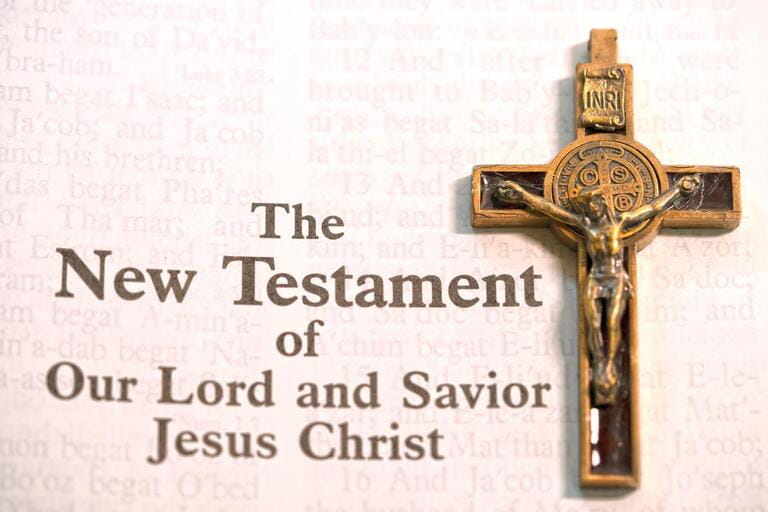The belief in God is a deeply personal matter, influenced by individual experiences, upbringing, and personal reflections. This discourse explores ten reasons that often lead people to believe in God. We will traverse through realms of morality, philosophy, personal experiences, and historical contexts to understand different perspectives around this belief.
Moral Compass
Belief in God can offer a moral compass, guiding individuals in making ethical decisions. The teachings from different religions often provide a foundational set of principles for right and wrong. This belief can thus serve as a basis for morality, influencing actions and behaviors in line with these principles.
Existence of the Universe
The existence and intricate complexity of the universe itself often lead individuals to believe in a higher power or creator. This 'fine-tuning' argument posits that the universe's physical constants are so precisely calibrated that it suggests intentional design, hence pointing towards the existence of God.
Spiritual Experiences
Many people believe in God due to personal spiritual experiences, which could include feelings of transcendence, divine encounters, or answers to prayers. These experiences, though varied across cultures and religions, often share a common theme of connection with a higher power, strengthening faith in God.
Faith and Hope
Belief in God can be a source of comfort, providing hope and optimism during difficult times. This faith often imbues individuals with a sense of purpose and strength, enabling them to navigate life's trials and tribulations with resilience and courage. The belief in divine benevolence can offer solace and support, leading many towards faith in God.
Philosophical Arguments
Philosophical arguments present rational and logical reasons to believe in God. The ontological argument proposes that the concept of a perfect being necessitates its existence. The cosmological argument posits that the existence of the universe requires a first cause or a prime mover, which could be attributed to God. The teleological argument suggests that the complexity and order found in nature imply intelligent design, pointing towards a divine creator. These philosophical arguments provide intellectual grounds for belief in God.
Religious Texts and Prophecies

Miracles
Belief in God is often reinforced by the occurrence of miracles, extraordinary events that defy natural explanations. These miraculous occurrences, such as healings, unexplained phenomena, or divine interventions, are seen as evidence of God's presence and power. They serve as powerful testimonies and strengthen the faith of believers.
Historical Evidence of Religious Figures
The existence of historical evidence supporting the lives and teachings of religious figures can be a persuasive factor in believing in God. The documented accounts, writings, and testimonies about figures such as Jesus, Muhammad, or Buddha provide a historical foundation for their impact on the world and suggest divine influence in their teachings and actions.
The Existence of Goodness and Beauty
The existence of goodness, kindness, and beauty in the world is often seen as evidence of a divine creator. The presence of moral virtues, acts of selflessness, and the awe-inspiring beauty found in nature can lead individuals to believe in God as the source of such goodness and beauty. It is perceived as a reflection of the divine attributes and can inspire a belief in a higher power.
Conclusion
In conclusion, belief in God is a deeply personal and multifaceted aspect of human experience. The reasons to believe in God vary from moral guidance, the existence of the universe, personal spiritual experiences, faith and hope, philosophical arguments, religious texts and prophecies, miracles, historical evidence of religious figures, and the existence of goodness and beauty. Each individual's journey towards belief in God is unique and influenced by a combination of these reasons, personal reflections, and cultural contexts. It is important to respect and engage in thoughtful dialogue about differing beliefs, recognizing the significance and complexity of this deeply personal topic.












